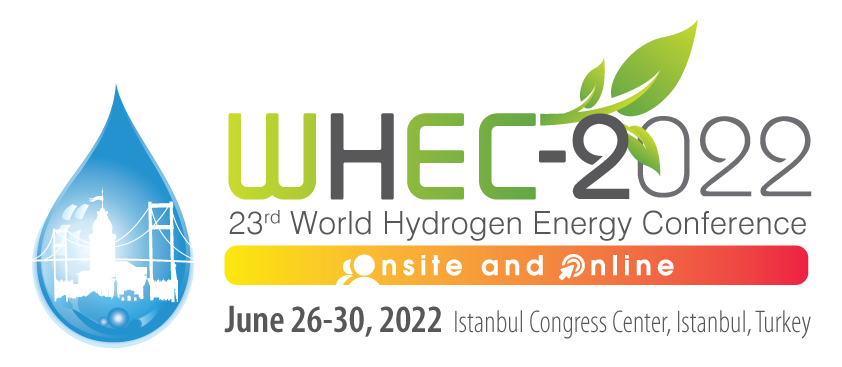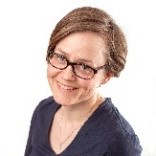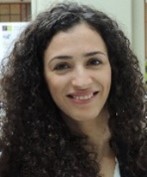Tutorial: VIRTUAL & physical platform for Fuel Cell System development
Organizers
Yash Raka, Mari Juel, Kyrre Sundseth SINTEF SINTEF Industry / Sustainable Energy Technology, Trondheim, Norway
Nadia Yousfi Steiner*
Univ. Bourgogne Franche-Comté, FEMTO-ST, FCLAB, CNRS, Belfort, France
*Corresponding author: nadia.steiner@ubfc.fr
ABSTRACT
VIRTUAL-FCS is an EU FCH JU project that aims to make the design process of hybrid fuel cell and battery systems easier, cheaper, and quicker. For that, a toolkit combining a system model with X-in-the-loop capabilities has been developed for designing and optimizing PEM fuel cells and battery hybrid systems. The platform utilizes the OpenModelica modelling environment and is entirely open source, allowing everyone in both industry and research to benefit from and contribute to the future development of the framework. In this tutorial, the core developers will offer participants an introduction to the Virtual-FCS platform. They will discuss the capabilities of some of the foundational models developed in the project and demonstrate a use-case simulating the performance of a fuel cell electric vehicle (FCEV) powertrain. Participants should come away from the tutorial with the skills needed to start applying the Virtual-FCS platform in their research and development activities.
Objectives:
- Introduce the VFCS library
- Review the foundational models
- Demonstrate the capabilities of the platform
- Provide participants with skills to start using the platform on their own
Organisation
- Part1. Presentation modelling theory in Virtual FCS Project: Nadia Yousfi Steiner
- Part2. Introduction to OpenModelica and VFCS Library: Yash Raka & Mari Juel
- Part3. VFCS Battery and FC model: Yash Raka & Mari Juel
- Part4. VFCS Range extender model: Yash Raka & Mari Juel
For this tutorial, you can follow along with a free version of VFCS Library available at https://github.com/Virtual-FCS/VirtualFCS.
To get more information, please send your request/need and the following information to yash.raka@sintef.no / nadia.steiner@ubfc.fr
- First and Last Name
- Institution Name and Country
- Professional or University email
Prerequisite: your computer must have OpenModelica v 1.14.
https://build.openmodelica.org/omc/builds/windows/releases/1.14/1/64bit/
More information about the platform and the project
https://www.sintef.no/projectweb/virtual-fcs/
Funding
The Virtual-FCS project has received funding from the Fuel Cells and Hydrogen 2 Joint Undertaking (now Clean Hydrogen Partnership) under Grant Agreement No 875087. This Joint Undertaking receives support from the European Union’s Horizon 2020 research and innovation programme, Hydrogen Europe and Hydrogen Europe Research.

|
Yash Raka Dr. Yash Raka is a Research Scientist at SINTEF. His work focuses on modelling for electrochemical energy systems, techno-economic and environmental impact assessments for hybrid sustainable energy systems. |
|
Mari Juel is a senior research scientist at SINTEF in Norway working on developing hybrid energy systems for both the mobility and stationary applications. She received a master’s degree in physics in 2002 and a PhD in Surface Science at Norwegian University of Science and Technology in 2007. Since 2007 she worked as a researcher in the field of renewable energy and solutions technologies including PV and electrochemical conversion technologies. |
|
Nadia Yousfi Steiner is full professor at the Université Bourgogne Franche-Comté. She received a master’s degree in mathematics, a master’s degrees in Fluidics and Energetics in 2006 and a PhD in Engineering Science in collaboration between the University of Franche-Comté and the European Institute for Energy Research EIFER in Karlsruhe, Germany in 2009. From 2009 to 2014, she worked as R&D Project Manager at EIFER, Germany, in charge of collaborative projects on Hydrogen and Fuel Cells. Her main research activity is linked to Fuel Cell systems characterization diagnostics, prognostics, and control. |



